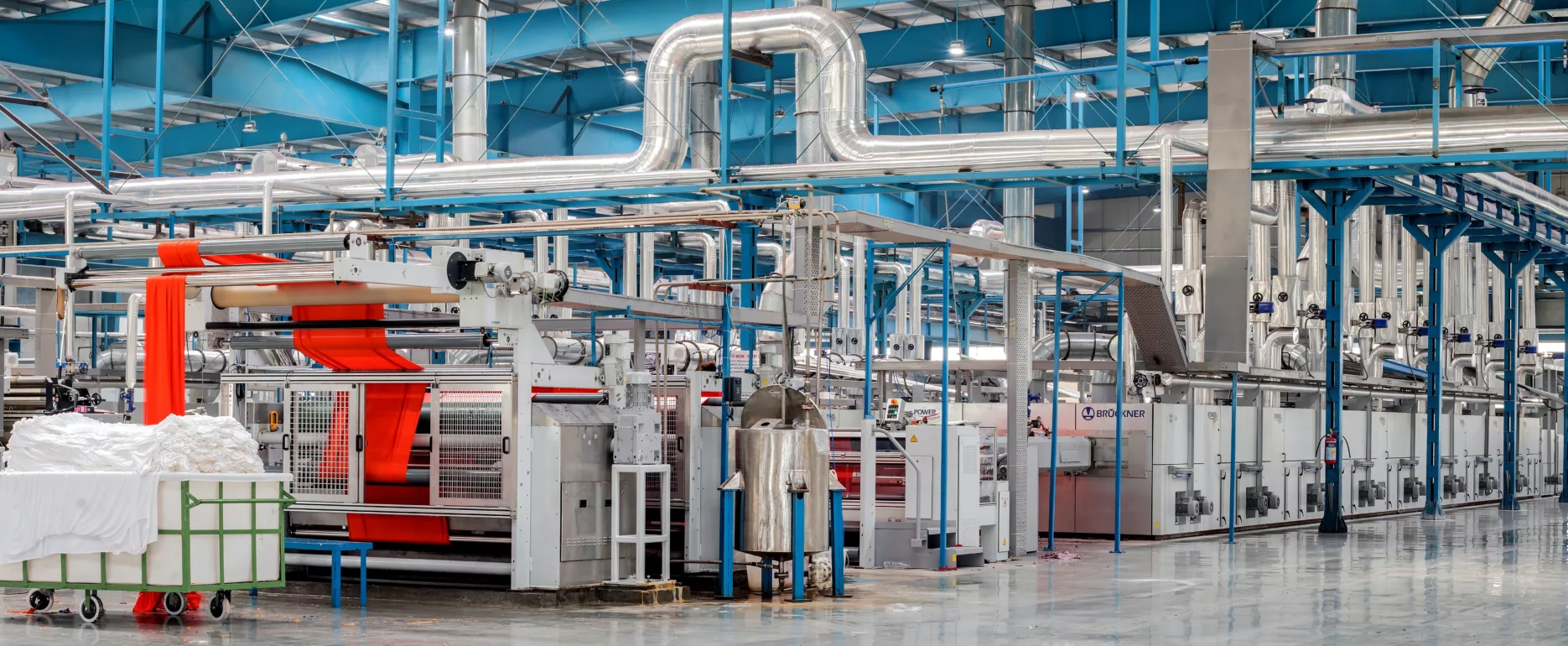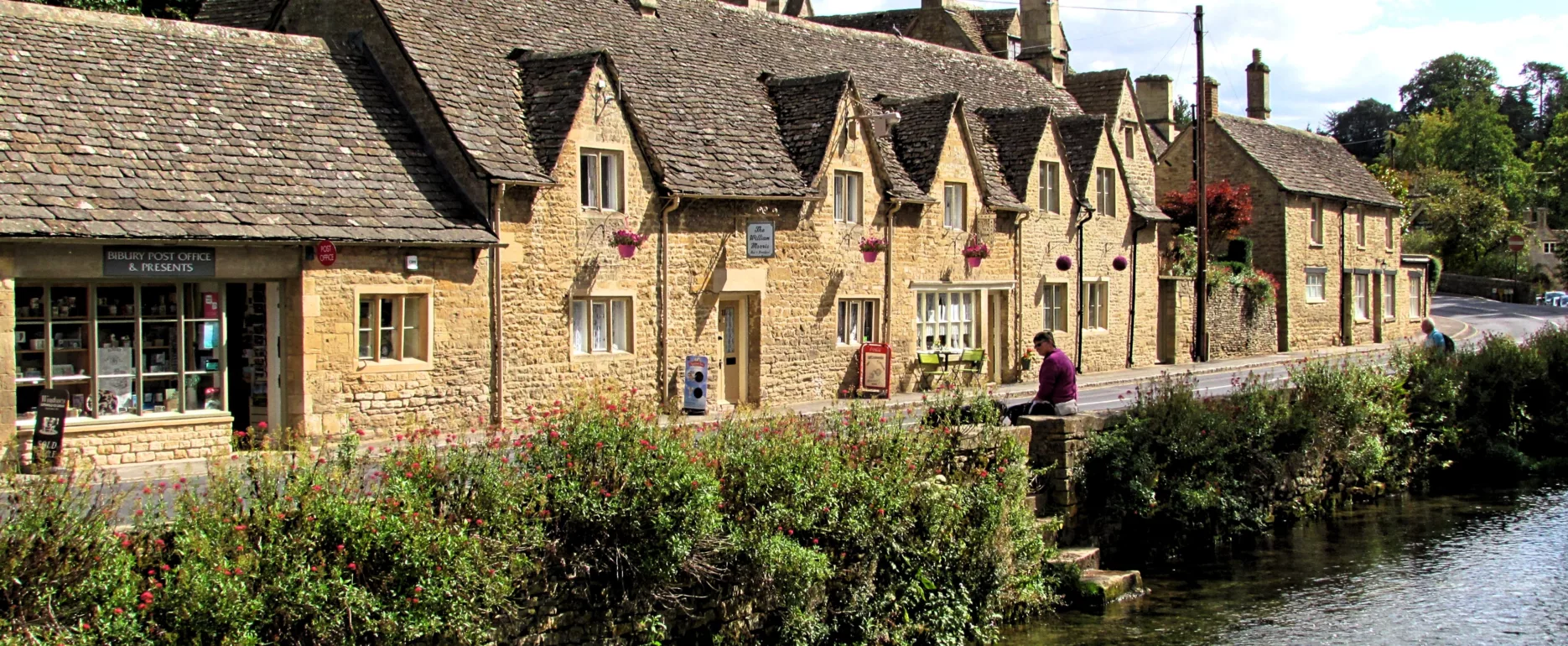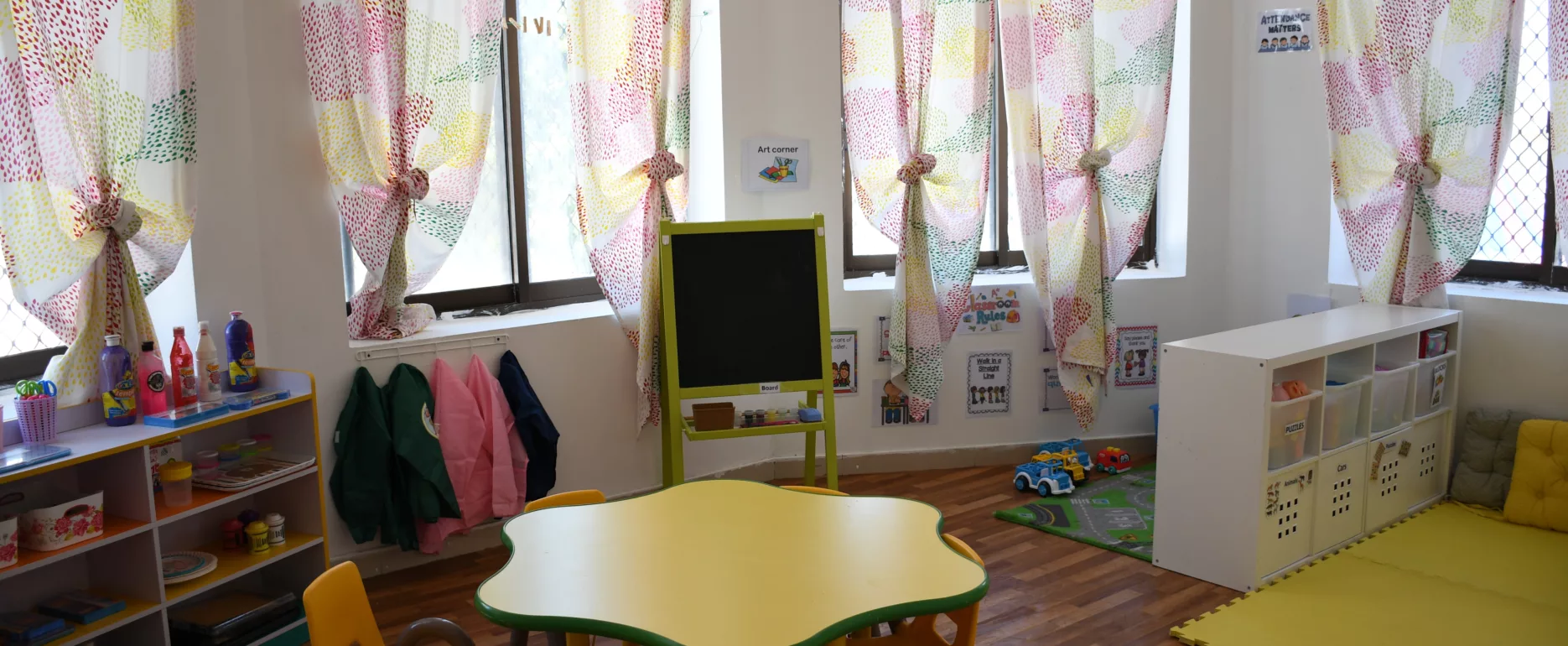Section 32 of the CPSE relates to Plant and Machinery embedded within the property and must be accurately completed to avoid consequential losses to either buyer or the seller.
Where we are involved before the transaction takes place (ideally before the heads of terms are agreed) our due diligence may include the following:
- Reviewing the vendor’s capital expenditure on the property during their period of ownership to establish whether they have claimed the full amount of their qualifying capital expenditure.
- Reviewing the s198 CAA 2001 election, to ensure that it is correctly drafted, and included all the relevant items.
- Reviewing the replies to CPSE, to ensure that they provide the relevant level of detail and appropriate confirmations.
At HMA Tax, we understand the importance of s198/199 considerations for UK commercial property solicitors and have years of experience in navigating the UK tax system.
Our team of specialist tax advisors can provide tailored advice to help you and your clients make the most of commercial property investments while ensuring compliance with s198/199.
Don’t leave your clients’ investments to chance. Contact us at HMA Tax to learn more about s198/199 considerations and how we can help you provide the best possible service to your clients.










